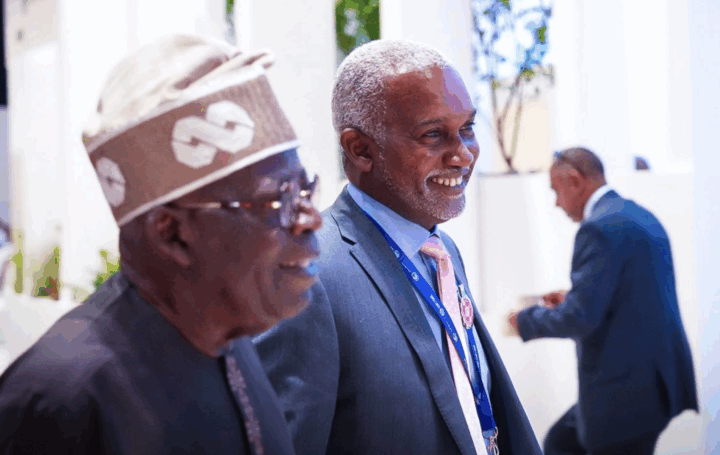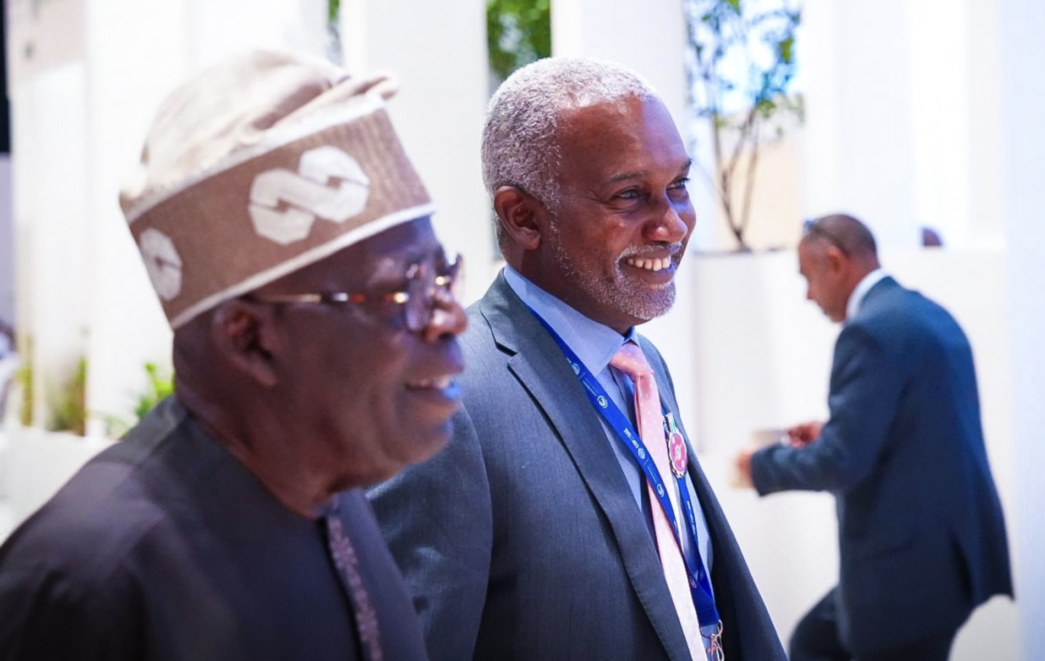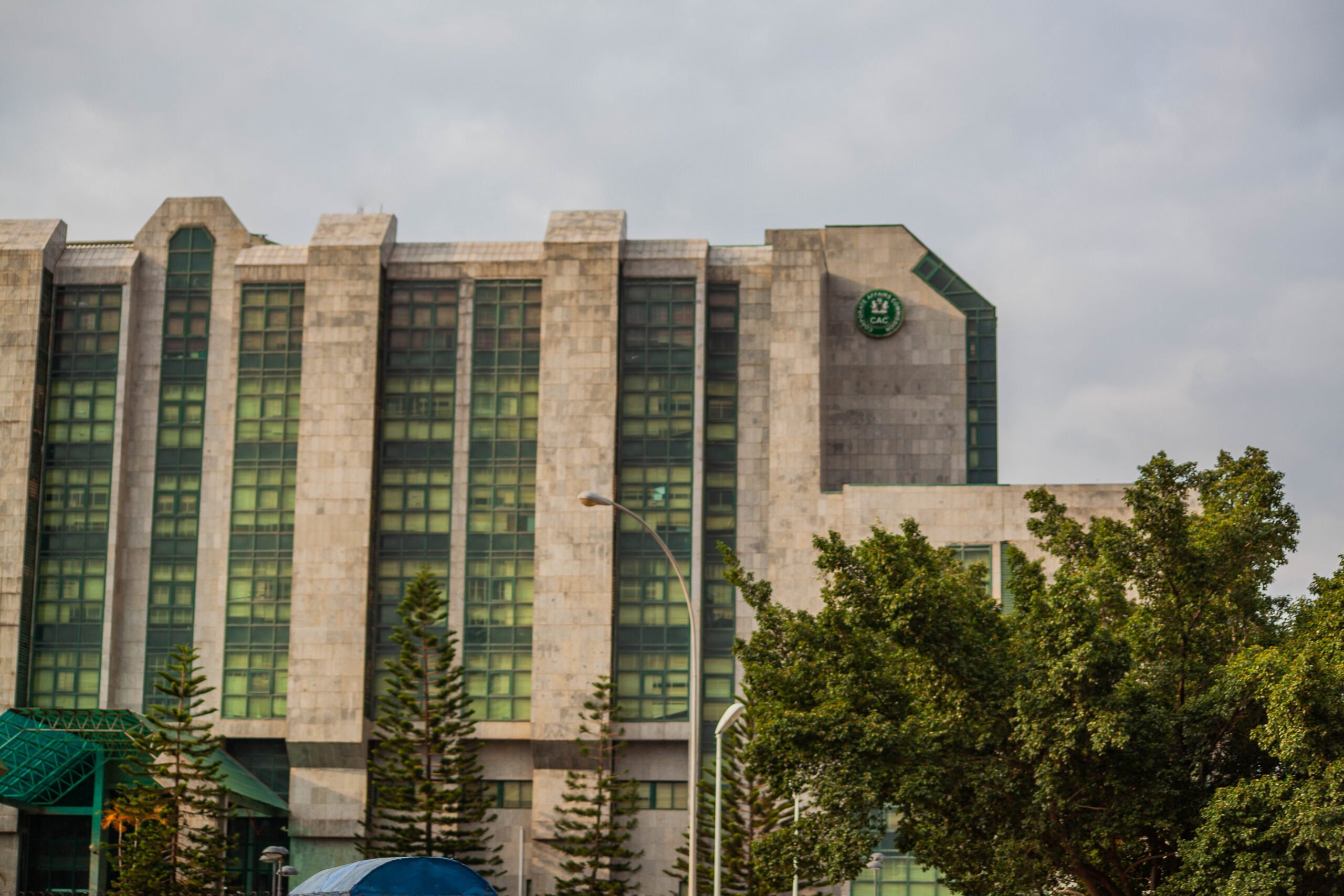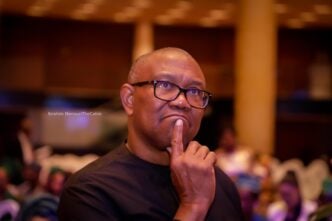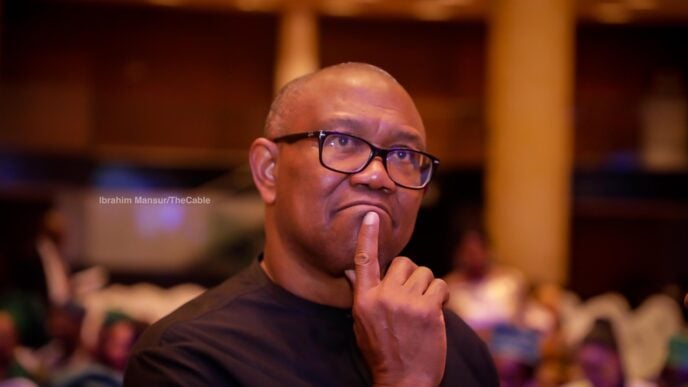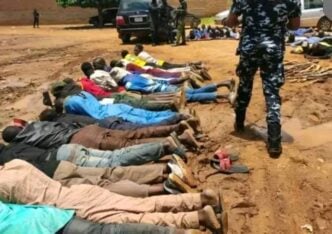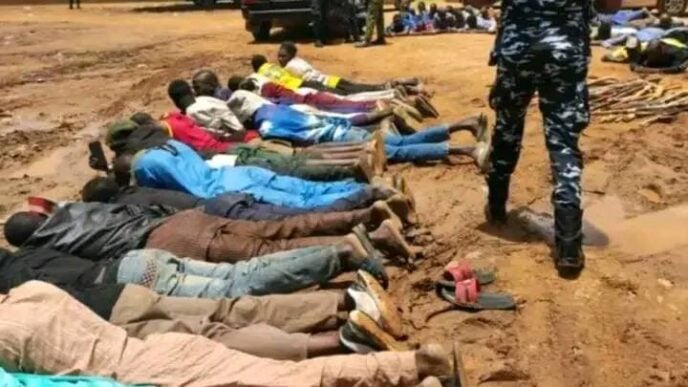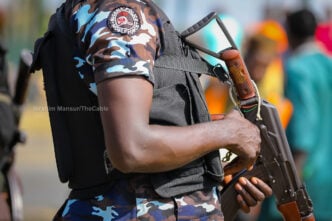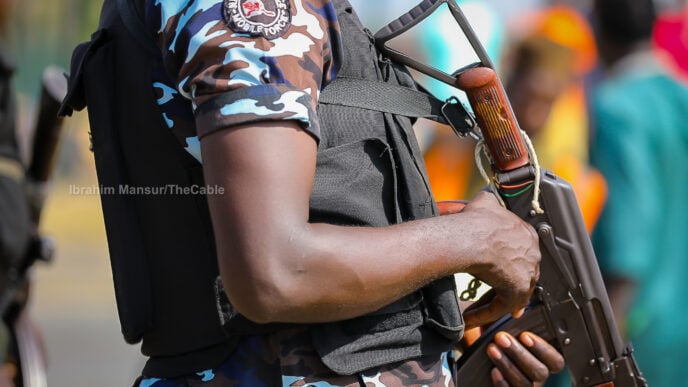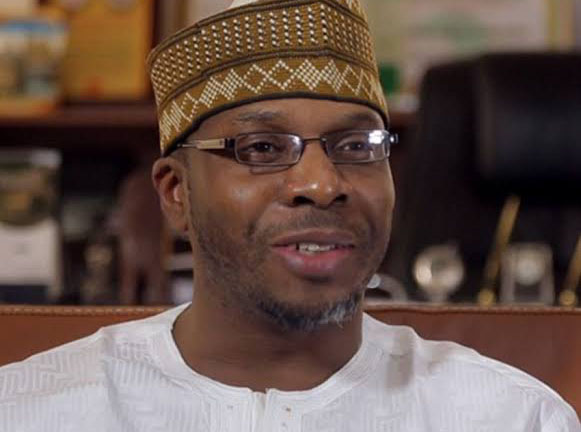L-R: President Tinubu with Yusuf Tuggar, minister of foreign affairs | File photo
In a rapidly shifting global order—where nations are at once more connected and yet, in some ways, drifting apart—foreign policy has become a compass for navigating change and defining relations.
For those seeking to understand Nigeria’s international relations, the key questions are clear: what exactly is the country’s foreign policy, what defines this policy, and how does it shape the nation’s role in the world?
A country’s foreign policy reflects how far it is willing to go in building and maintaining relationships with other nations, and how it expresses its aspirations as part of the global community. Put simply, it is how a country conducts itself toward others—while also seeking to shape outcomes in ways that advance its own interests.
One hallmark of US foreign policy, for example, is the “America First” approach—prioritising engagements that deliver direct benefits to the United States and often favouring a transactional style of diplomacy.
Advertisement
What then is Nigeria’s foreign policy?
AFROCENTRIC
For decades, Nigeria’s foreign policy has traditionally been anchored on the principle of Africa as the centrepiece, promoting collective continental growth and advancement. This is why oftentimes, President Bola Tinubu’s speeches at global gatherings prioritise Africa’s unity, peacekeeping, and challenges anti-colonial principles. It is also why the country often takes up leadership roles in regional organisations. Since the Economic Community of West African States (ECOWAS) was founded, Nigeria has led the bloc at least nine times.
Advertisement
This Afrocentric stance explains some of the country’s historical decisions.
During the apartheid era in South Africa, Nigeria strongly opposed the racist regime by supporting liberation movements like the African National Congress (ANC) and imposing sanctions including a trade boycott to pressure the apartheid regime to abandon its discriminatory policies. At the height of the liberation movement in the 1970s, Nigeria, under Abubakar Tafawa Balewa’s leadership as the prime minister, was the first nation to provide annual direct financial aid to the ANC and the Pan Africanist Congress (PAC) worth $5 million annually
After apartheid ended in 1994, the relationship shifted from one of solidarity to more economic competition and occasional diplomatic tensions.
NON-ALIGNEMENT AND STRATEGIC AUTONOMY
Advertisement
It is often assumed that relationships between nations are fixed—built on unshakable alliances and long-standing loyalties. In reality, diplomacy is far more fluid.
Independence is a key pillar in Nigeria’s foreign policy. The country has long embraced a policy of non-alignment and strategic autonomy, allowing it to engage with a wide range of partners without blind allegiance to any global power regardless of ideological, religious, or other persuasions that could colour relationship choices. This flexibility is why the country can partner with BRICS while simultaneously seeking to join the G20—pursuing relationships across divides in service of its national interest.
It also affirms the fact that Nigeria has been on friendly terms with all countries having never gone to war with any; neither does it harbour any expansionist ambitions vis-à-vis its neighbours.
ECONOMIC DIPLOMACY AND DEVELOPMENT
Advertisement
This pillar is tied to its strategic autonomous pursuit, using economic engagement as a tool to advance its development goals. As one of Africa’s largest economies and most populous nations—home to over 220 million people and projected to become the world’s third most populous country by 2050—Nigeria leverages its market size, resources, and growth potential to strengthen trade, attract investment, and position itself as a leading voice in shaping the continent’s economic future.
Global events shaping markets have also played a role in Nigeria seeking economic diversification such as the Trans-Saharan gas pipeline which connects Nigeria to Algeria, and the Nigeria-Morocco gas pipeline which aims to transport natural gas from Nigeria to Morocco, potentially connecting to the European gas network via the Maghreb-Europe gas pipeline.
Advertisement
Nigeria has also been vocal about reducing overreliance on hydrocarbon revenues while seeking investments in renewable energy, technology transfer, and industrialisation—efforts to ensure that Nigeria is well-positioned to benefit from emerging global value chains.
SECURITY AND REGIONAL SECURITY
Advertisement
Nigeria’s security landscape is shaped by its vast diversity, competing values, and strategic location in West Africa. Ethnic and religious differences, combined with socio-economic disparities, have fuelled internal tensions, while its size and porous borders expose it to cross-border crimes, insurgency, and regional instability. Addressing these issues shape the country’s foreign policy, driving Nigeria to prioritise regional peacekeeping, counterterrorism partnerships, and diplomatic engagement aimed at fostering stability both at home and across the continent.
Some of these initiatives include the Multinational Joint Task Force (MNJTF), a combined multinational military formation made up primarily of troops from Nigeria, Benin, Cameroon, Chad, and Niger to tackle insecurity in the Lake Chad region.
Advertisement
Its position along the Gulf of Guinea—one of the world’s most piracy-prone waters—adds a maritime dimension to its security agenda, compelling Nigeria to work with regional and global partners to safeguard shipping routes and energy exports.
GLOBAL ENGAGEMENTS AND MULTILATERALISM
To maintain international relevance, Nigeria continues to actively participate in global engagements including UN General Assembly meetings, climate conferences, and financial summits. Its foreign policy has long recognised that its voice carries more weight when amplified through global platforms.
Nigeria also continues to push for the reform of global institutions to ensure they are more inclusive and responsive to the needs of developing countries. This is why Nigeria continues to call for its inclusion into the UN security council—a body without permanent African representation.
This commitment to global engagement allows it to build alliances, access development partnerships, and influence decisions on issues ranging from peacekeeping to climate change, while balancing relationships across diverse geopolitical blocs.
DEMOCRACY, DEVELOPMENT, DEMOGRAPHY, AND DIASPORA —THE 4Ds
Shortly after Tinubu assumed power in 2023, Yusuf Tuggar, minister of foreign affairs, unveiled a four-leg strategic pillar targeted at implementing Nigeria’s diplomatic foreign policy.
The 4Ds, Tuggar said, was prompted by creating a “new line of vision” for Nigeria.
On democracy, Nigeria intends to work assiduously for the promotion of democracy in West Africa and the rest of the African continent, using its nearly 26-year run as a model.
As it concerns development, Tuggar stressed the importance of ending “the continuous cycle of dependency that stunts the country’s socio-economic growth” by leveraging the African Continental Free Trade Agreement (AFCFTA) and prioritising economic cooperation.
Nigeria also encourages initiatives that develop other nations for the benefit of improved bilateral relations. This is done through exchange of services primarily through the Technical Aid Corps (NTAC). In July, Nigeria deployed the NTAC to St Lucia to boost exchanges in health, education, agriculture, and other technical services to serve as models for broader Africa–Caribbean collaboration.
In relation to demography, the minister said the administration would harness the country’s vast human capital for national development.
The role of citizens in the diaspora is also central to the foreign policy. This is often championed through the Nigerians in Diaspora Commission (NiDCOM). Speaking during a working visit to NiDCOM this month, Tuggar pegged the contributions of Nigerians abroad to the economy last year at over $20 billion.
